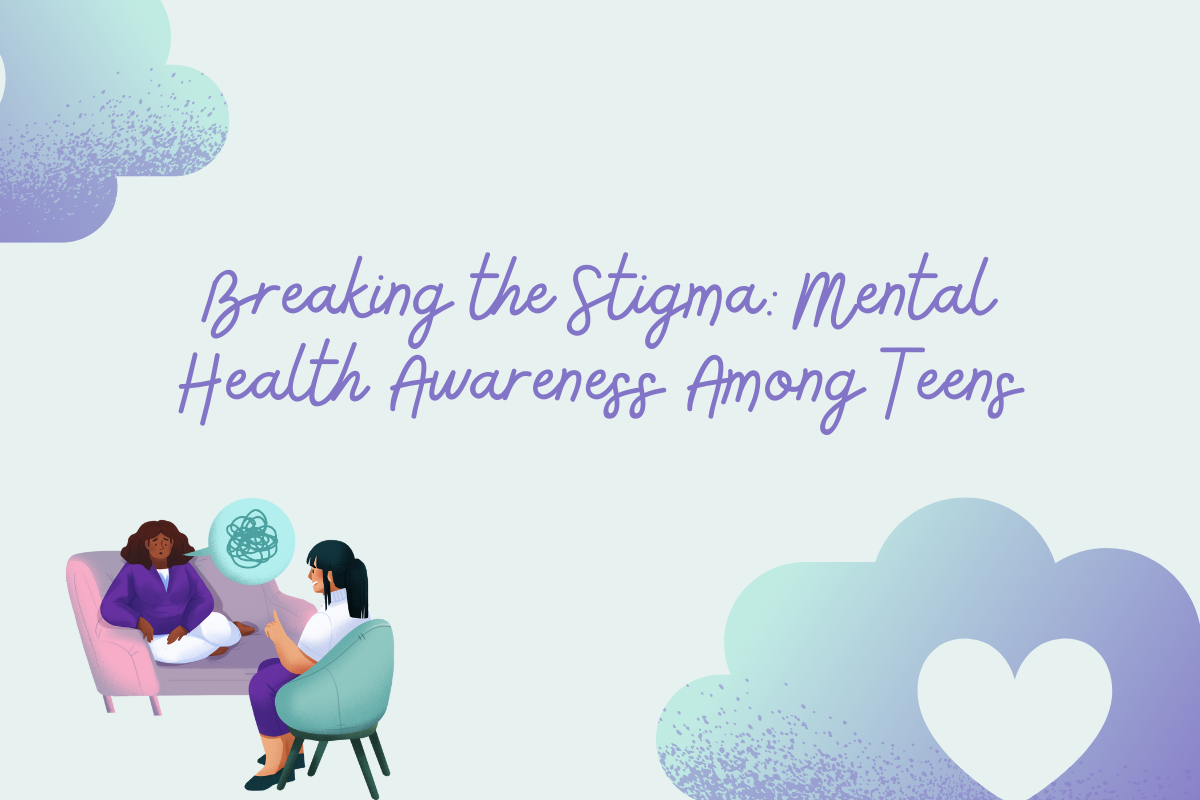Breaking the Stigma: Mental Health Awareness Among Teens
By~ Scholar Planet
Created At: 29 May, 2024

Mental health is a crucial aspect of overall well-being, yet it is often shrouded in stigma and misunderstanding, particularly among teenagers. Breaking the stigma surrounding mental health is essential to ensure that teens feel comfortable seeking help and support when they need it. By raising awareness and promoting open discussions, we can create a more supportive environment for teens facing mental health challenges.
Understanding Mental Health Stigma
Mental health stigma refers to the negative attitudes and beliefs that society holds about mental health issues. This stigma can lead to discrimination, social isolation, and reluctance to seek help. For teens, the pressure to conform to societal expectations and the fear of being judged can exacerbate these challenges, making it even more difficult for them to address their mental health needs.
The Importance of Mental Health Awarenes
Raising awareness about mental health among teens is vital for several reasons:
1. Encourages Open Dialogue: When mental health is openly discussed, it normalizes these conversations and reduces the fear and shame associated with mental health issues. Teens are more likely to share their struggles and seek support.
2. Promotes Early Intervention: Awareness helps identify mental health issues early, leading to timely intervention and treatment. Early support can significantly improve outcomes for teens.
3. Empowers Teens: Knowledge about mental health empowers teens to recognize signs and symptoms in themselves and others. This awareness fosters a proactive approach to mental health management.
How to Raise Mental Health Awareness Among Teens
1. Education: Incorporate mental health education into school curriculums to provide teens with accurate information about mental health conditions, coping strategies, and resources available for help.
2. Open Conversations: Encourage open and honest discussions about mental health at home, in schools, and within peer groups. Creating safe spaces where teens feel comfortable expressing their feelings is crucial.
3. Role Models and Influencers: Leverage the influence of celebrities, athletes, and social media influencers who advocate for mental health awareness. Their stories and endorsements can resonate with teens and help destigmatize mental health issues.
4. Support Systems: Establish robust support systems within schools and communities, including counselors, peer support groups, and mental health hotlines. These resources can provide teens with the help they need in times of crisis.
5. Empathy and Understanding: Foster a culture of empathy and understanding by challenging stereotypes and misconceptions about mental health. Encourage teens to practice kindness and support one another.
Breaking the stigma surrounding mental health among teens is a collective effort that requires education, open dialogue, and strong support systems. By raising awareness and promoting a culture of empathy and understanding, we can ensure that teens feel safe and supported in addressing their mental health needs. Together, we can create a brighter, healthier future for our youth.
